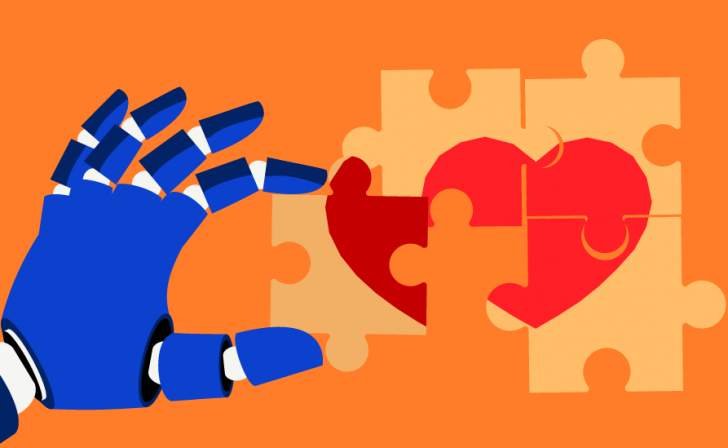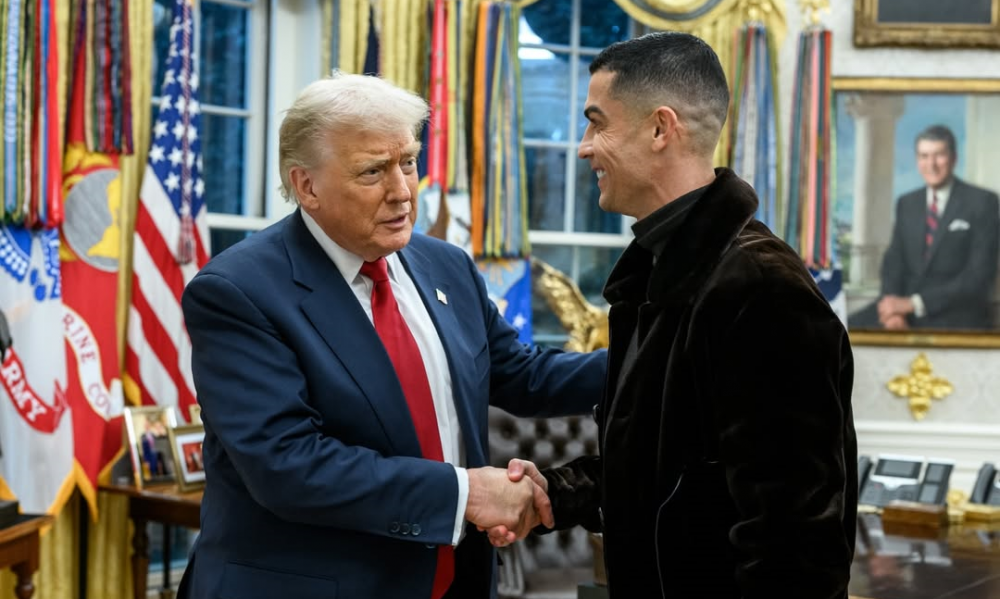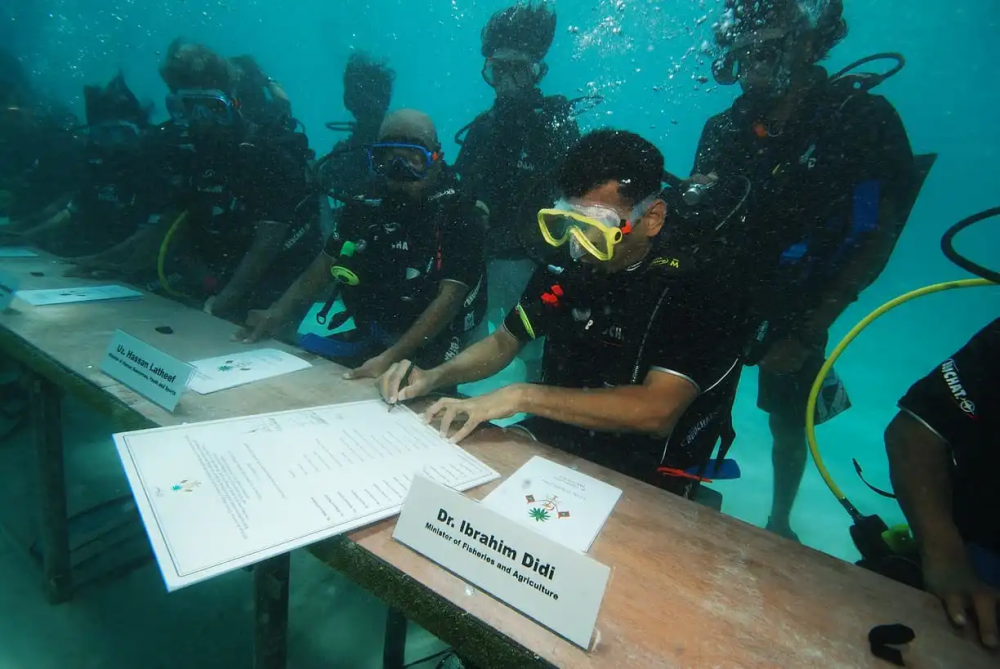Have you ever had one of those days when you needed medical advice but your doctor was too busy, too far, or maybe you were too embarrassed to ask? Well, hang onto your stethoscope because the world of healthcare is about to get a techy twist. Let's chat about ChatGPT's foray into the health sector.
You've probably heard of ChatGPT, right? Maybe you've chatted with it about space, tried to stump it with a tough math problem, or just sought its advice on what movie to watch tonight. But healthcare? This sounds like something straight out of a sci-fi novel. And yet, here we are!

iStock | ChatGPT could be your go-to digital healthcare companion when you don't have access to a physician
Why ChatGPT?
First things first. Why would we want an AI like ChatGPT to invade our sacred health sanctum? Simply put, the realm of medicine is vast. With an ever-growing database of knowledge, having a quick-thinking, super-calculating AI can offer real-time information, clarify doubts, or simply give guidance when needed. Also, ChatGPT doesn't need sleep or coffee breaks, so it's always available to help.
Beyond Just a Chatbot
Now, if you're picturing a simple chatbot that tells you to drink water when you have a headache, think bigger. Imagine having an AI-powered assistant that can rapidly sift through vast medical databases, journals, and publications to provide you with the latest information on a particular ailment or treatment. From basic queries about common cold remedies to understanding complex procedures and drug interactions, ChatGPT could be your go-to digital healthcare companion.
The Human Touch
A natural concern many of us might have is the loss of the human touch. Can a machine replace the gentle reassurance of a physician or the empathetic ear of a therapist? Probably not. And that's not the intent. ChatGPT's involvement in healthcare aims to enhance the patient experience by offering supplemental information and support, bridging the gaps that exist in today's healthcare models.

Pexels | While ChatGPT is a great tool, it can never fully replace the need for humans in the health sector.
Safety First!
The mention of AI in healthcare immediately raises questions about safety. Would you trust a machine with your health? It's essential to remember that ChatGPT isn't replacing medical professionals but assisting them. It's a tool, much like an MRI machine or a stethoscope. But as with any tool, its effectiveness and safety rely on the way it's used.
It’s also worth noting that the makers of ChatGPT are very conscious of ethical considerations and data privacy. So, while it’s getting more intuitive and intelligent, it’s also being designed to prioritize patient safety and confidentiality.
Potential Applications
So where can we expect to see ChatGPT in action? A few potential avenues include:
Telehealth platforms: Imagine logging in for a consult and having ChatGPT pull up the latest research related to your symptoms even before you see the doctor.
Virtual health assistants: Need to know the side effects of a new medication? Or perhaps dietary recommendations for a specific health condition? ChatGPT to the rescue!
Medical training: Medical students can interact with ChatGPT to understand complex topics, making learning interactive and up-to-date.

Healthcare Transformers | While ChatGPT is getting more intuitive, it’s also being designed to prioritize patient safety and confidentiality.
A Brave New World
While the blend of technology and healthcare isn't new, the sophistication and potential of tools like ChatGPT are revolutionary. As we stand at this crossroads of innovation and health, there's a palpable excitement about what the future holds.



